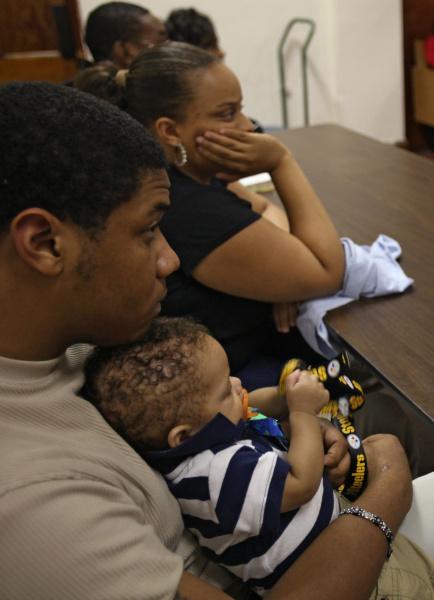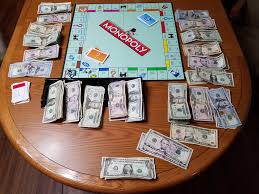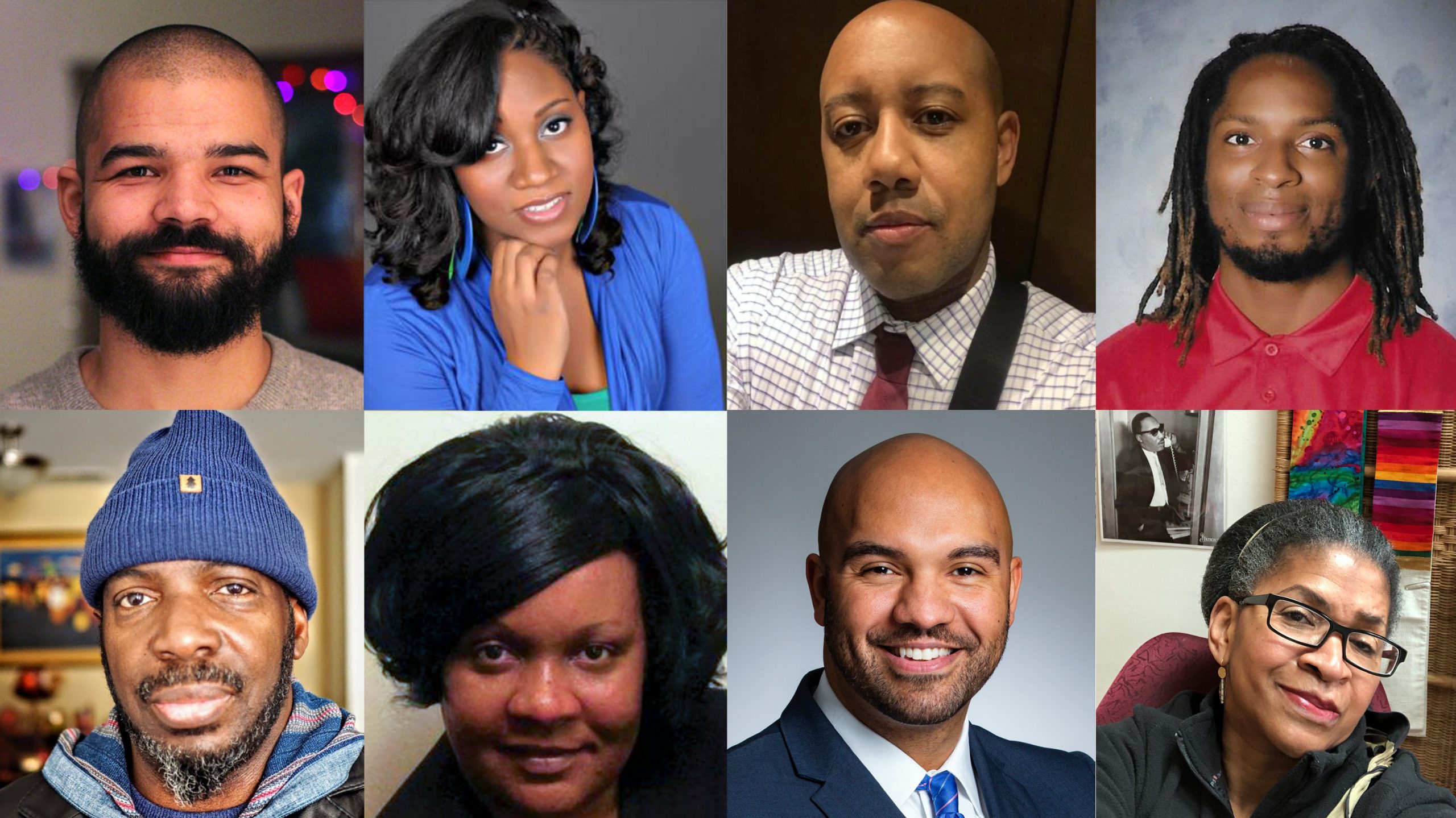This the first in a series of articles that focus on the Expansion of Black Wealth. In this edition we take a granular look at the issues surrounding Black Wealth or the Lack Thereof…
What’s Up with Black Americans’ Economic Situation?
By C.C. Campbell-Rock
The Summer of Reckoning began in 2020. Thousands of woke people protested to end the killings of black people. Stopping white supremacists in and out of police uniforms. These murders have been going on since enslaved Africans landed on American shores.
However, as the U.S. lay in quarantine in its attempt to stop the spread of the deadly Coronavirus Pandemic, the impact of glaring economic racial inequities jumped into view. The pandemic hit the Black and Latino communities hardest. Low wage workers, now considered to be essential workers, were most at risk. They couldn’t be in quarantine. They had to continue to work to provide the “essential services.”
Clerks, sanitation workers, meat packers, delivery servicepeople, postal workers, and others worked to keep cities running. They risked their lives daily, often without the proper PPE to do their jobs, and certainly without the proper pay. They are the victim of structural income inequality that our government has failed to address.
Wealth Gap
While people protested, Black economists studied. “The only way to truly solve the race problem in America is to narrow the wealth gap,” according to a June 2020 MarketWatch article.

However, the recognition that closing the wealth gap between blacks and whites to solve economic inequities is neither new nor novel.
The gap should have been closed by the U.S. government’s delivery of 40 acres and a mule to former slaves after the Civil War. The federal government missed another chance to level the economic playing field by not taking Rev. Dr. Martin Luther King’s advice.
In 1963 Dr. King delivered his “I Have a Dream” speech. He and thousands of others participated in the March on Washington for Jobs and Freedom. Embedded in King’s speech was an appeal to end economic and employment inequalities.
“King’s solution, while controversial then and now, was to force the government to create a labor economy wherein the government would create jobs to “enhance the social good” for those people who could not find work,” Caleb Silver wrote in Investopedia.
What is the wealth gap? It is the stark divide between how much capital white people and black people control.
By one estimate, the typical white family has wealth of $171,000. This is nearly ten times greater than the $17,150 for an average black family. Put another way, the typical black household remains poorer than 80% of white households.
RELATED: Black People Are Gonna Need More Money
“This stunning wealth gap between the races has persisted, in good times and bad, for the past 70 years. It did not get better after the civil rights era legislation. Or during the Obama administration. And it will continue to fuel unrest,” economists said.
“As long as we have racial wealth gap, we’re going to have a problem with race,” Patrick Mason, an economics professor at Florida State University told Greg Robb of MarketWatch.

The Brookings Institute traced income inequality in the U.S from the beginning of the 20th Century until the present day and found that the nation’s level of income inequality is largely affected by government policies concerning taxation and labor.
“The United States is arguably one of the most economically well-off places on the planet. The U.S. accounts for 29.4% of global wealth, or $105.99 trillion, according to Credit Suisse’s 2019 Global Wealth Databook. The second largest repository, China, is responsible for 17.7%, or $63.827 trillion. This effectively makes the U.S. the richest country on Earth, in terms of total wealth.,” Investopedia Editor Ward Williams wrote.
Earning Power
“A significant contributing factor to American income inequality is a disparity in earnings by race. The differences are stark. In 2019, Asian and White individuals made a median of $98,174 and $76,057 annually, respectively; Latinx and Black persons made $56,113 and $46,073, respectively.7 Additionally, Black and Latinx families in 2016 were more than twice as likely to have zero (or negative) net worth. White families were also more likely to own homes (71.9%) than Black (44%) and Latinx (45.4%) families in 2016,” Williams continued.
“Far from accepting the current economic situation as inevitable, it is evident that, in the U.S., government policies can tilt the balance of economic compensation for the rich or the poor. With the last thirty-five years being disproportionately favorable to the wealthy, and the fact that greater income inequality has been correlated with higher levels of crime, stress, mental illness, and some other social ills, it’s about time to start leveling the playing field once again,” Matthew Johnston wrote in Investopedia.
Where Do We Go From Here?
In Where Do We Go from Here: Chaos or Community? King offered solutions to poverty and through certain actions, the closure of the wealth gap.
“We have come a long way in our understanding of human motivation and of the blind operation of our economic system. Now we realize that dislocations in the market operation of our economy and the prevalence of discrimination thrust people into idleness and bind them in constant or frequent unemployment against their will,” King wrote.
“The problem indicates that our emphasis must be two-fold. We must create full employment, or we must create incomes. People must be made consumers by one method or the other. Once they are placed in this position, we need to be concerned that the potential of the individual is not wasted. New forms of work that enhance the social good will have to be devised for those for whom traditional jobs are not available…”
While King focused on fixing the unemployment and discrimination in hiring that plagued the Black community in the 1960s, he also knew that if Blacks were paid equal wages to those earned by whites, i.e., closing the wealth gap, Blacks could accumulate generational wealth.
Next Week: WEALTH IS POWER: EXPANDING BLACK WEALTH – Part 2
Biden’s Executive Order for Racial Equity
###
WD CT: 1003


[…] Related: READ PART ONE of the SERIES […]